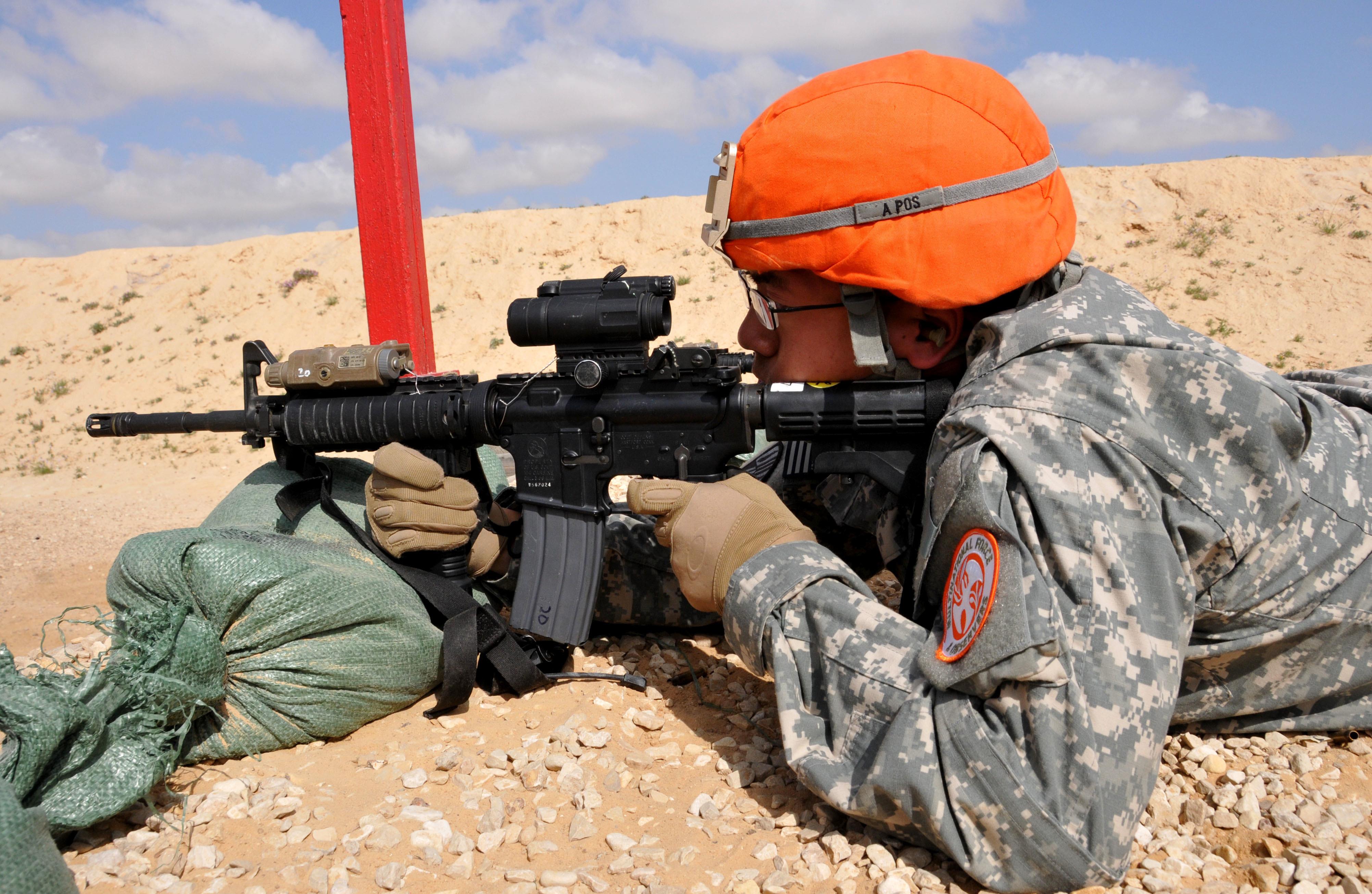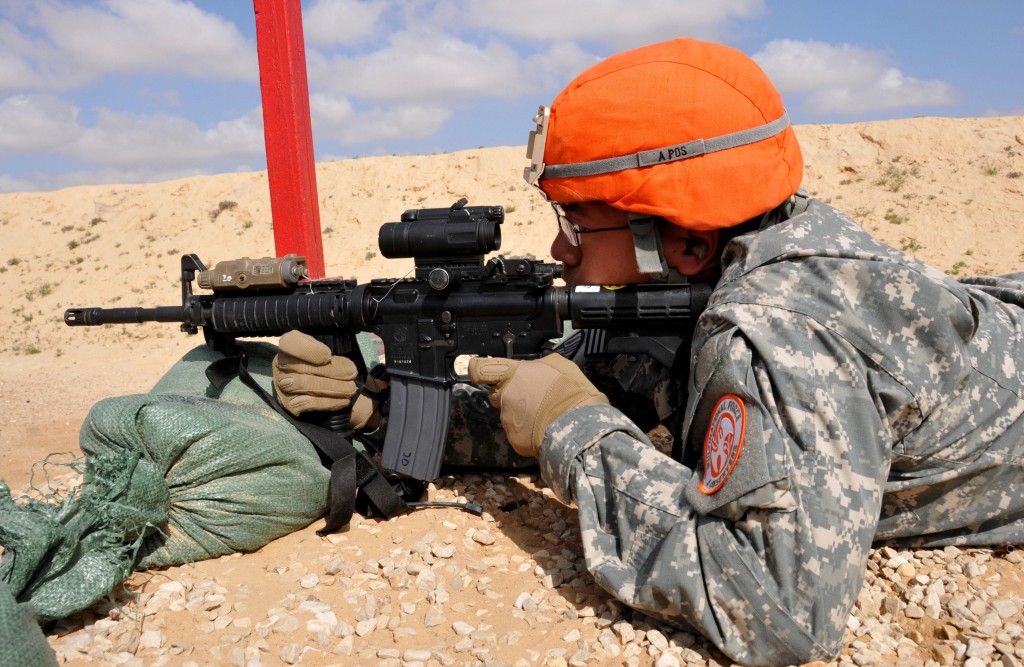By Andrew Tilghman,
Sourced : Military Times
The rise of an Islamic State faction in Egypt’s Sinai Peninsula is prompting the Pentagon to consider changing or scaling back the mission for about 700 U.S. troops who are deployed on a longstanding peacekeeping effort there, a defense official said Tuesday.
Defense Secretary Ash Carter has made “formal communications” with Egypt and Israel notifying them about the U.S. review of its mission as part of the Multinational Force of Observers, a little-known peacekeeping force that helps maintain a 1979 treaty between the two countries that share a border there, the official said.
The U.S. wants to “automate” the mission, monitoring activity along the Israeli-Egypt border by using drones or satellite technology rather than American personnel on the ground.
“I don’t think anyone is talking about a full-scale withdraw. I think we are just looking at the number of people we have there to see if there are functions we can automate,” said Navy Capt. Jeff Davis, a Pentagon spokesman. “We know that ISIL is active in the Sinai,” Davis said, referring to the Islamic State group. “It’s a situation there that has risks, and we want to make sure we’re addressing those risks appropriately.”
That may involve finding “ways to apply our modern technology to automate or apply remote sensors,” he said.
The U.S. Army National Guard troops stationed across the remote desert peninsula are caught in the middle of an insurgency that has intensified since the lead militant group in the region declared its allegiance last year to the Islamic State. For years, Task Force Sinai, as the U.S. force is known, was an uneventful mission, historically assigned to military reserve units.
But now, amid daily fighting between Egyptian military forces and an ISIS branch known as Wilayat Sinai, the American troops are living amid blast walls topped with razor wire, riding only in armored vehicles and facing the constant threat of attack.
The American troops there sometimes struggle to get food, water and other logistical supplies into their secure compounds. Armed militants often harass the force’s contractors, and these days the Egyptian military commonly provides armed escorts for logistics convoys, according to the mission’s annual report.
Last September, four U.S. troops were injured when their convoy rolled out of what’s known as the North Camp, just a few miles east of the Egypt-Israeli border, and hit two improvised explosive devices. That came just a few weeks after a U.S. soldier was shot in the arm when gunmen targeted the camp near the northern Sinai village of Al-Joura. The soldier’s wound was treated inside the camp.
In mid-September, the Pentagon deployed an additional 75 troops to the Sinai Peninsula to boost force protection, bringing the total U.S force there to more than 700. Also last year the U.S. military installed counter-mortar radars and better communication equipment to help deal with the threat.
Unlike U.S. troops in Iraq, those in Egypt are not technically deployed on an anti-ISIS mission. Rather, they support the multinational force and observers. The troops’ mission includes monitoring the desert for any signs of a military build-up or aggressive actions between Israel and Egypt, which fought brief wars in 1967 and 1973.
Image Sourced : U.S National Guard


